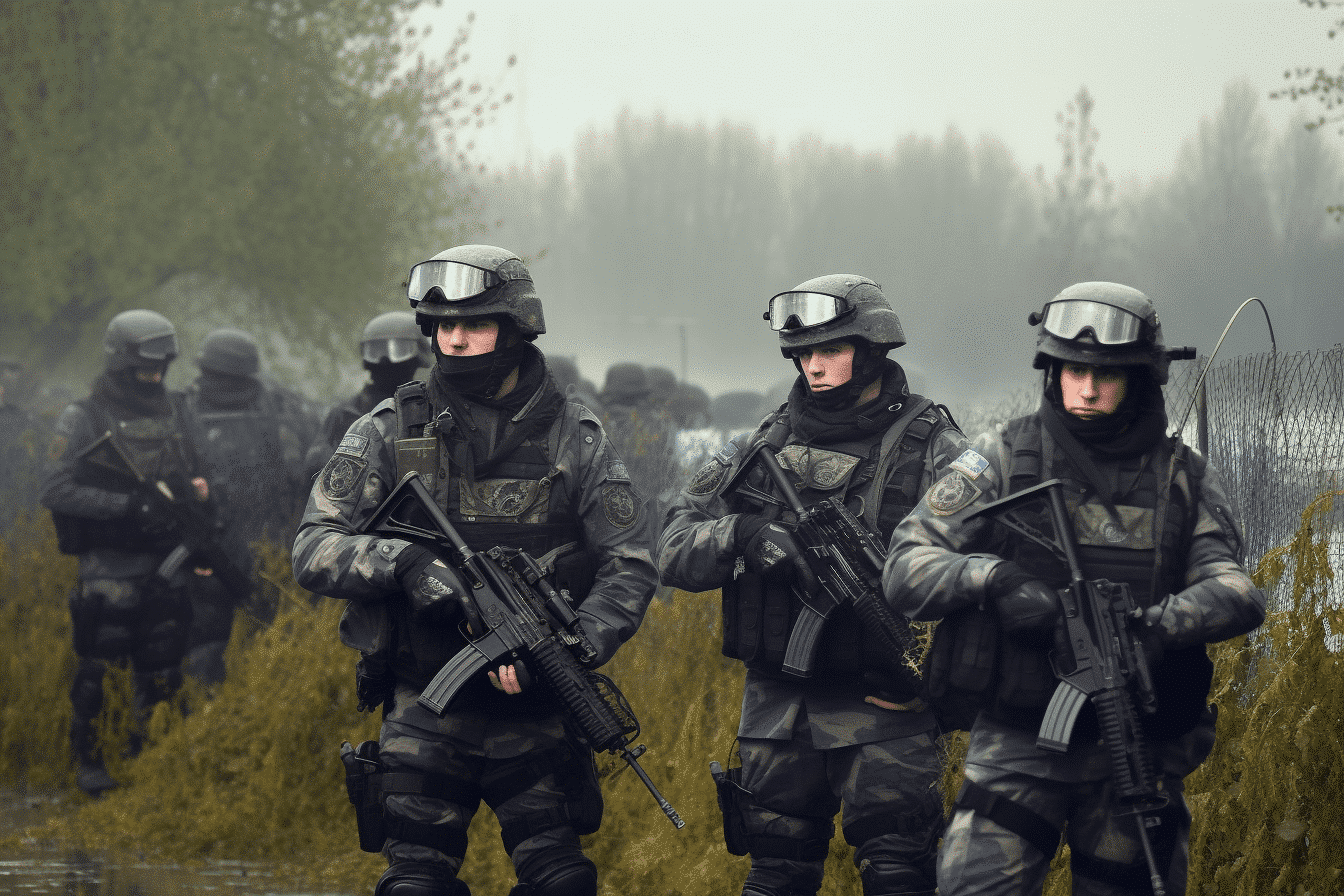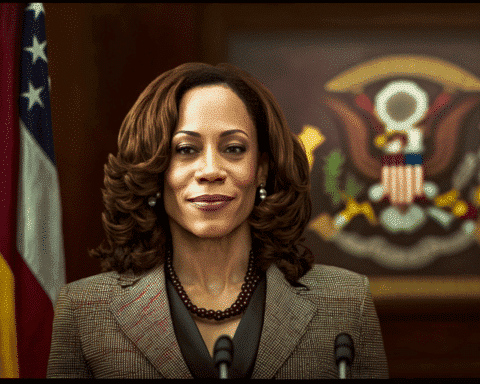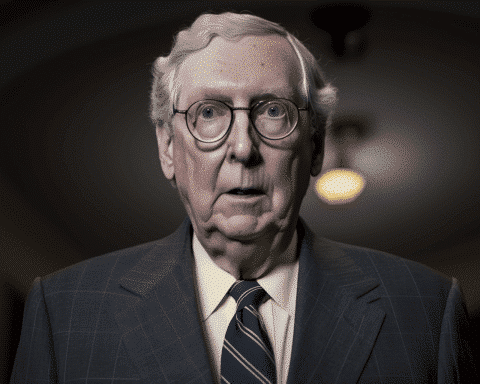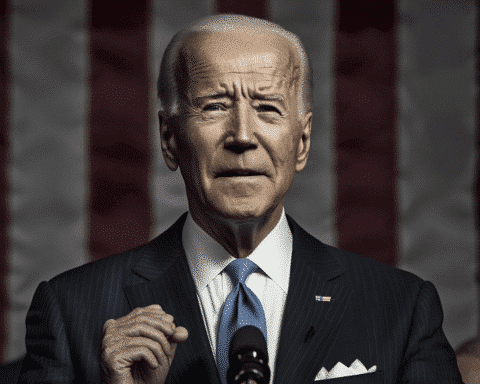Following a series of ethnic disputes within Kosovo that led to injuries amongst over a dozen people, Serbian forces stationed at the Kosovo border were elevated to high alert status.
Northern Kosovo, predominantly inhabited by ethnic Serbs, saw attempts to barricade newly-elected ethnic Albanian officials from accessing municipal premises earlier on the same day. The ethnic Serb majority had avoided mainly participating in the previous month’s sudden election, resulting in elected officials primarily comprising ethnic Albanians and representatives of minor ethnic groups for the positions of mayor and assembly.
Upon confrontation, Kosovo police utilized tear gas to scatter the protesting crowd and facilitate the new officials’ entry into the municipal buildings. Multiple vehicles were set on fire during the chaos. Hospital officials for Kosovo Serbs reported approximately ten protest-related injuries. Additionally, the police said that five officers were wounded due to protestors throwing stun grenades and other objects, resulting in a police car being burnt.
Reacting to the unrest, Serbian President Aleksandar Vucic declared a “highest state of alert” for the army and promptly ordered a shift of troops closer to the border. He also urged NATO-led forces stationed in Kosovo to shield ethnic Serbs from the police.
The U.S. admonished the Kosovo government’s decision to use forceful police action to gain entry into the municipal premises. Antony Blinken, the U.S. Secretary of State, remarked on Friday that such efforts had unnecessarily heightened tensions, thereby undermining attempts to facilitate normalization of relations between Serbia and Kosovo, and warned that it could impact U.S.-Kosovo bilateral ties.
Amid these events, a rally was held in Belgrade. Vucic addressed tens of thousands of attendees supporting the government following two mass shootings earlier this month, shocking the nation by leaving 18 dead and 20 injured. “Serbia won’t sit idle the moment Serbs in northern Kosovo are attacked,” Vucic assured the crowd.
Despite multiple declarations to counter any violence against Serbs and several instances of escalating combat readiness during periods of tension with Kosovo, any endeavour by Serbia to deploy its troops across the border would instigate a conflict with NATO forces stationed there.
Zdravko Ponos, a former Serbian army chief and now an opposition politician, criticized Vucic’s reaction as “inappropriate,” describing it as merely posturing to save face.
Acknowledging their augmented presence, Kosovo police stated their aim was “to assist mayors of the northern communes of Zvecan, Leposavic, and Zubin Potok in exerting their right of work.”
Photos published by the Albanian news outlet indexonline.net depicted small groups of Serbs at the entrances of municipal buildings, raising their hands seemed to indicate their non-participation in the violence.
Local elections were conducted in four Serb-majority communes in northern Kosovo after Serb representatives vacated their posts last year as a protest against Kosovo authorities denying an ethnic Serbian association’s coordination efforts at local levels in sectors such as education, health care, land planning, and economic development.
A 2013 agreement between Pristina and Belgrade to establish a Serb association was later deemed unconstitutional by Kosovo’s Constitutional Court, citing the non-inclusivity of other ethnicities and the potential misuse of executive powers to enforce laws.
While the U.S. and EU are amplifying efforts to resolve the dispute between Kosovo and Serbia amidst fears of further instability in Europe due to the ongoing war in Ukraine, both Serbia and Kosovo have been reminded that normalizing relations is a prerequisite for their aspirations to join the EU bloc.
The Kosovo conflict began in 1998 with ethnic Albanian separatists rebelling against Serbian rule, which led to a brutal retaliation by Serbia. The battle resulted in approximately 13,000 deaths, primarily ethnic Albanians. Serbia eventually withdrew from the territory following NATO’s military intervention in 1999. While most EU countries and the U.S. recognize Kosovo as an independent state, Serbia, Russia, and China have refrained from doing so.
The ongoing tensions between Serbia and Kosovo threaten regional stability, with the escalating unrest posing a risk of a broader conflict. Efforts by international bodies to mediate the situation appear critical, as both countries are urged to achieve normalization of relations. A peaceful resolution is crucial for the people of Serbia and Kosovo and broader stability in the European region, particularly as the EU grapples with other geopolitical crises, like the war in Ukraine.




